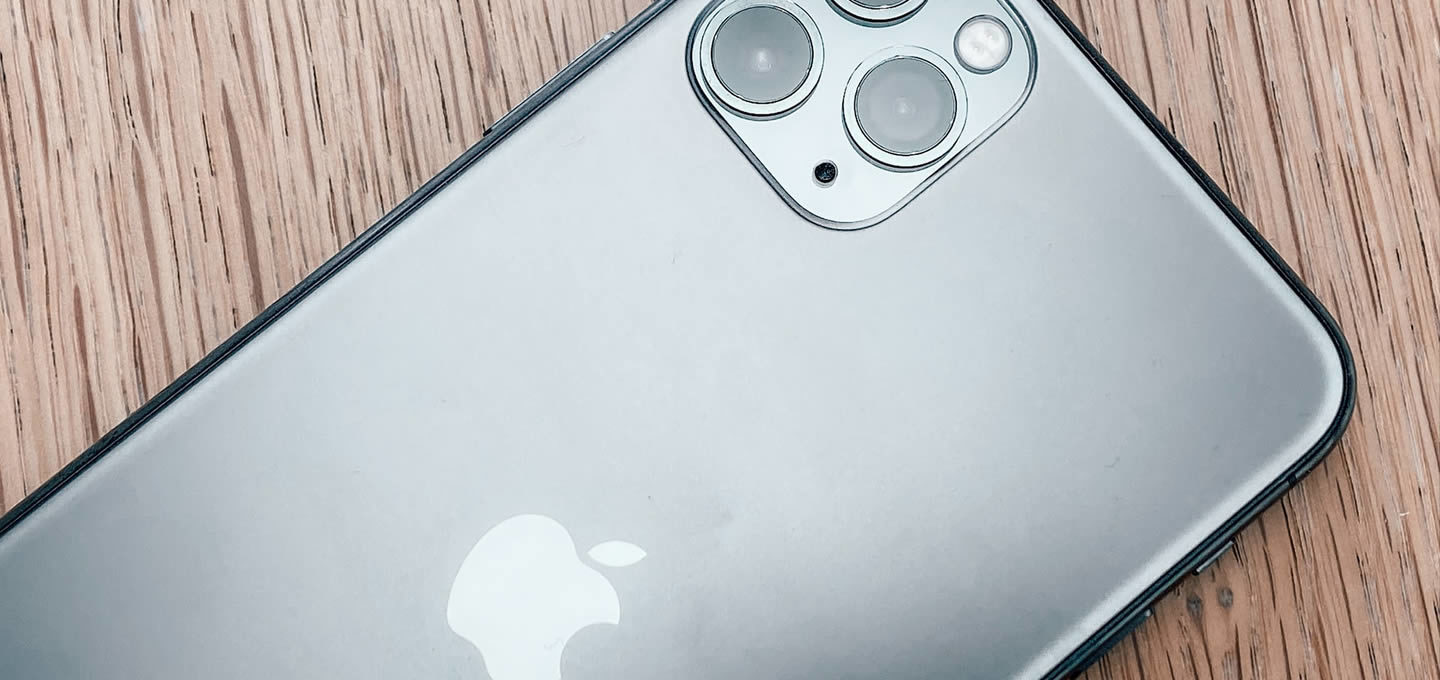Using mobile technologies like smartphones and tablets inside a business seems a natural fit. However, it creates various complications for companies due to the inherent risk of this type of technology. In this article, we discuss some of the real concerns and how a business can protect itself from them.
Email security
Email is most often accessed using a smartphone nowadays, rather than a home PC or a work-based computer. This is especially true for mid-level and upper-level management who need to be responsive to issues arising when visiting a client or outside of regular business hours.
When they’re having difficulties with their devices, they should have accessible IT Support Kent based to assist them. Companies like Impreza IT, found at imprezait.co.uk, recommend Intune which is a solution from Microsoft that makes it easier to manage business-use smartphones. Impreza’s team can ensure that email security isn’t compromised while trying to keep up with communications outside the office.
Two-factor authentication
One of the risks with mobile devices is the fact that they can accidentally be left somewhere. Alternatively, a staff member placing their device on a table out of their eyeshot can leave it able to be surreptitiously accessed by someone with less than stellar intentions.
Using two-factor authentication including secure verifications before permitting access to the company’s network adds a secondary layer of security. That way, even if the smartphone is presently unlocked and accessible, another person won’t be able to pass the two-factor verification, including PIN code or fingerprint scan protection, that is necessary before letting them onto the company’s network.
Malware infections
Malware infections are a real concern for companies. The risk includes ransomware which aims to get onto smartphones and eventually computer servers to both disable them and seek a reward for removing the software.
While malware is more commonly found infecting company servers, mobile technology which is often left unprotected may act as an initial conduit to them. This is especially true when the same mobile device is occasionally used to access a company’s server from the outside.
Using malware protection software on a mobile device used for business (or personal use for that matter) is critically important as one piece of a security puzzle. It can prevent malware infections which can go on to create havoc on key systems later. Also, if you think this won’t happen to your business, it’s humbling to learn that UK businesses paid over £200m in ransom payments in 2019 alone.
Educating staff
The majority of staff are not computer experts and don’t work in the IT department. As such, they are vulnerable to making mistakes with mobile devices that can result in the company being more vulnerable than it should be.
Along with ensuring that security software is installed on mobile devices that connect to the company’s network, it’s helpful to provide free training to staff on how to use it too. Indeed, businesses should make it a point to assist staff who lack the requisite skill set to be mindful of security when using their mobile device.
By appreciating the risk that mobile devices pose for UK businesses, companies are far better prepared to protect against them.
Photograph by Jan Antonin Kolar

